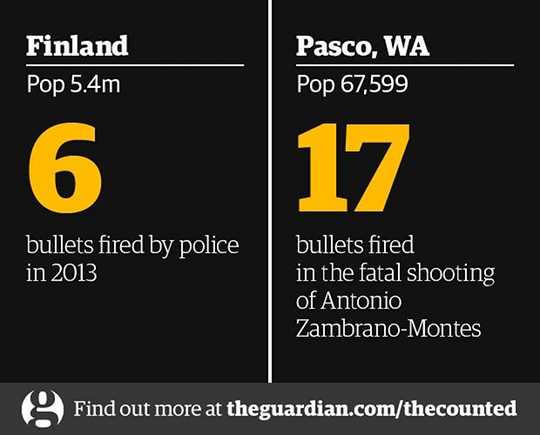
The problem with police killings
Thanks to the Black Lives Matter meme, US police killings are spun on global news coverage as white police killing unarmed black men - so police killings that don't fit this profile go unreported in global news.
Though racial bias plays a role in police killings, it is NOT the central problem. To see this, consider capital punishment.
Much data has been compiled showing overwhelming evidence of persistent patterns of racial discrimination in death penalty cases . It can be countered that this is an argument for racial fairness in application of the death penalty, i.e. reform - not for its abolition. Yet, most countries have abolished the death penalty. Even in the bastion of pro-death penalty, the United States, its use has steadily been declining. In other words, the impetus is more for abolition than reform of the death penalty. Why? Because of the growing understanding that the primary injustice of capital punishment is the government's irreversible violation of the most fundamental human right: the right to life. And no amount of reform can change that.
When police kill, it is capital punishment without trial - also known as extrajudicial execution. The Black Lives Matter meme places focus on the persistent pattern of racial discrimination in US extrajudicial executions. 1 The "just" response of the government to allegations of racial discrimination is implementing reforms to ensure fairness and equality. Thus, focusing on racial discrimination leads (at best) towards reform of extrajudicial execution - not its abolition. But extrajudicial execution is also the government's irreversible violation of the right to life (without any judicial process) - and no amount of reform can change that.
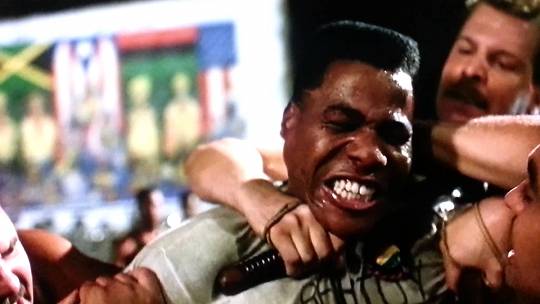
Or, to put it more simply, we don't need the government's guarantee of fair and equitable killings. When you are gasping for your final breath while under a deadly chokehold, it is unlikely that you will be thinking:
Thanks to the government's reforms, at least I know that the officer's decision to apply this chokehold was not based on my race...No - you will want the torture to stop.
It's that simple. The killing must stop.
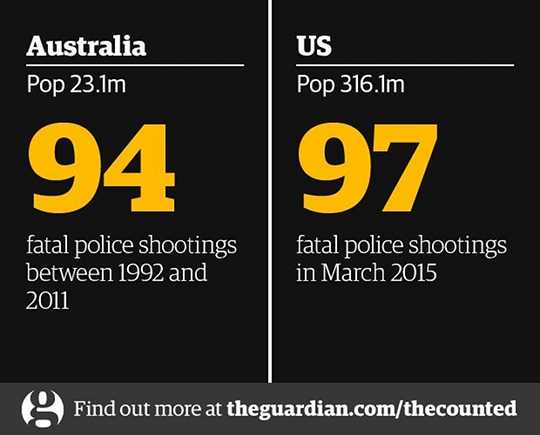
Police kill "a little fast"
Why do US police kill so much? Simply because US police have grown accustomed to approaching situations with lethal force immediately, and then using it, because they know they enjoy impunity.
Again and again, even based on the (often implausible) police version of events, one is struck by the questions: "Why did they have to act at all?" "If they felt threatened, why didn't they retreat? Why didn't they call and wait for backup?".
Why? Impunity. Killing just means paperwork (and extra paid vacation).
In response to the recent spotlight on police killings, police leaders have finally acknowledged the prevalence of trigger-happy policing in the U.S. (but, of course, not in those terms):
"We’ve got to get to the point where the average American cop thinks a little bit more,” Mr. Wilson [an official with the Police Executive Research Forum, a law enforcement policy group] added. “That’s the bottom line.”
The police leaders cited the need for officers to “slow things down,” and use levels of force more proportional to the threats they face:
Our cadence, leading up to the moment of truth, when force is used, seems like it can be a little fast.
A good example of what police leaders now call "cadence...a little fast": two years ago, Cleveland Ohio policeman Timothy Loehmann, investigating a report of "a guy" pointing what turned out to be a replica gun, shot 12-year-old Tamir Rice within two seconds of his arrival in his police cruiser.
A good example of impunity: the killing was ruled "justified" and Loehmann is still a Cleveland cop.
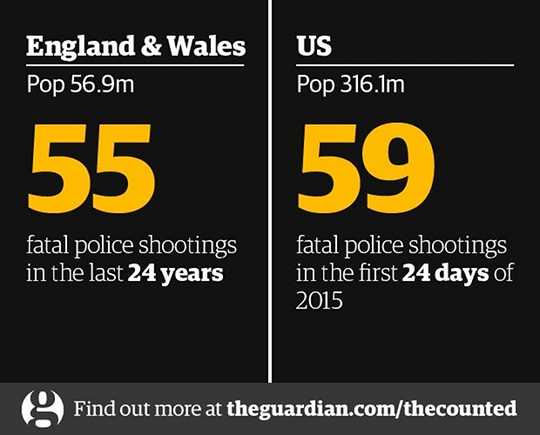
Preserving the status quo
“In many situations, a better outcome can result if officers can buy more time to assess the situation and their options, bring additional resources to the scene and develop a plan for resolving the incident without use of force,” principle No. 16 says.
While these are noble words, focusing on changing police tactics, without also focusing on changing the justice system that police work within, is a time-tested formula for preserving the status quo. That is the formula that brought us less-than-lethal Taser deaths.
As long as a police killing continues to result in:
- No mandatory state and federal accounting (reporting and data compilation)
- No mandatory independent and transparent investigation
- Negligible risk of a negative outcome for the killer cop
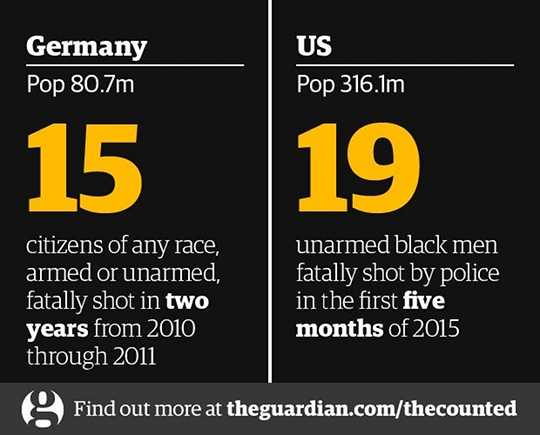
US police killings deserve to be global news, not as a sign of the US "race problem" but as evidence of the US deadly police problem.
There is no other developed country in the world where police kill people daily. Usually they don't kill at all. In places where the right to life is respected there is a de facto, if not de jure, abolition of extrajudicial executions.
That is what the world needs to know. That is what Americans need to know to understand the outrageous insanity that is being accepted as "normal".
-
In the US, the "race problem" is virtually intractable and the US injustice system uses that to avoid any meaningful change.
In fact, the group most likely to get killed is the group classified as "mentally ill" - a group
that is, in theory, protected from capital punishment.
The NY Times reported:
"Twenty-five percent or more of people fatally shot by the police have had a mental disorder, according to various analyses."
↩
